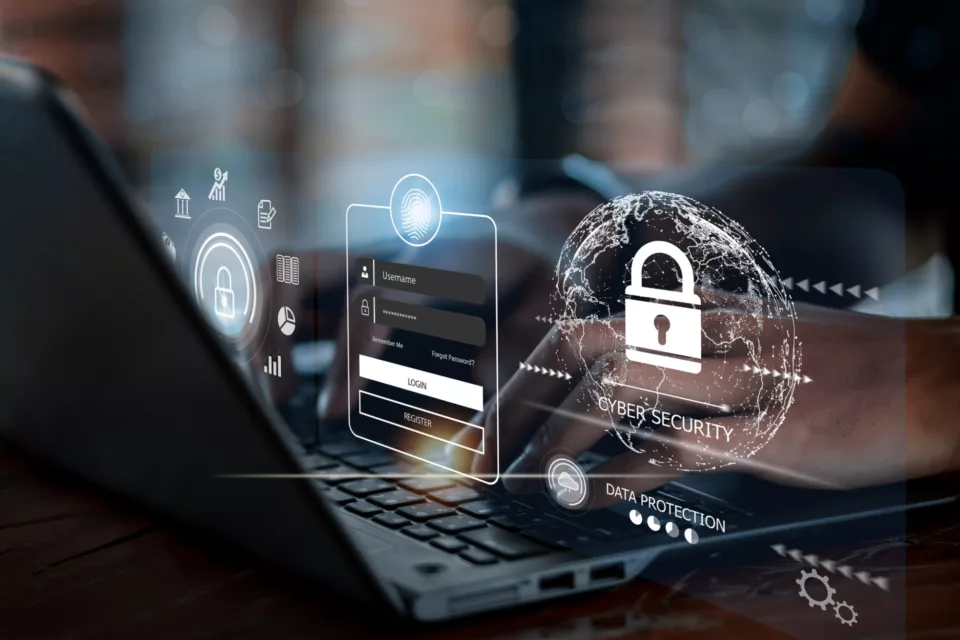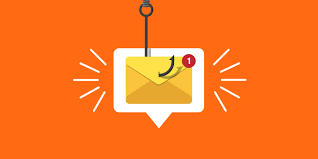How to Secure Your Online Presence: Best Practices for Cybersecurity
These days, nearly every part of our lives has some sort of digital tie-in. From banking to social media, email, online shopping, and even our work lives, the digital landscape is everywhere. But while all this connectivity is convenient, it also makes us vulnerable to a range of cyber threats. Now, cybersecurity isn’t just for tech experts or big businesses—it’s something we all need to prioritize to keep our data and personal information safe.
The good news is that by following a few essential practices, you can help secure your online presence and keep those cyber threats at bay. Let’s dive into some of the best ways to protect yourself online.
Get to Know the Main Cybersecurity Threats
Before we talk about protection, let’s first understand the kinds of threats we’re dealing with. Cybercriminals are creative and constantly coming up with new tactics to get their hands on personal information. Common threats include things like phishing, where hackers create fake emails or websites to trick you into handing over sensitive information.
Then there’s ransomware, which is all about holding your data hostage until you pay up. Simply knowing what these threats look like can help you spot suspicious activity faster. And staying informed about current scams and trends can go a long way in helping you avoid potential cyber pitfalls.
Secure Your Accounts with Strong Passwords
One of the simplest ways to boost your online security is by using strong, unique passwords for each of your accounts. Sure, it can be a pain to remember different passwords, but using the same one for everything is a big risk. Ideally, passwords should be long (think at least 12 characters) and contain a mix of letters, numbers, and symbols.
The easiest solution for managing these is a password manager, which securely stores all your complex passwords in one place and keeps your accounts safe without requiring you to remember every detail. It’s a small change, but one that can make a huge difference in keeping hackers out of your accounts.
Enable Two-Factor Authentication
Two-factor authentication (or 2FA) adds an extra step to the login process by requiring you to verify your identity with something you have, like your phone. Even if someone gets ahold of your password, they’d still need that second layer of verification to access your account.
Many platforms offer 2FA as an option, and I recommend turning it on for any accounts that offer it, especially important ones like your email, bank, or social media accounts. Apps like Google Authenticator and Authy are especially secure because they generate unique codes that expire within seconds, making them safer than text-based codes.
Be Cautious with Emails and Links
Phishing emails are one of the most common tools for cybercriminals, often disguising themselves as messages from banks, online retailers, or even your friends. These emails usually ask you to click a link or download an attachment, but doing so can expose you to malware or trick you into giving away personal info. Be careful with any email that seems even slightly suspicious.
Double-check the sender’s address, look for any odd language, and don’t feel rushed to click any links or attachments. It’s always safer to go directly to a company’s website or contact them by phone if you’re unsure.
Avoid Public Wi-Fi for Sensitive Transactions
Public Wi-Fi networks, while convenient, are often unsecured, making it easy for cybercriminals to intercept your data. If you’re using public Wi-Fi, avoid accessing sensitive information like your bank account, and definitely don’t shop online. If you absolutely must access something private on public Wi-Fi, using a virtual private network (VPN) is a good solution.
VPNs encrypt your data, which means that even if someone were to intercept it, they wouldn’t be able to read it. Many VPNs are affordable and offer monthly plans, making them a solid investment for those who often work remotely or travel.
Stay Updated
Another key to online security is keeping your software up to date. Cybercriminals often target outdated systems because they lack the latest security patches. Whether it’s your phone, computer, or any apps you use, make sure they’re always updated to the latest version. Thankfully, most devices allow you to turn on automatic updates, which will ensure you don’t miss any crucial security improvements. This might seem like a small detail, but in the cybersecurity world, small details matter.
Be Smart About Social Media Sharing
Social media is a fun way to stay connected, but it’s also a spot where many of us let our guard down. Think about how much you’re sharing: your location, daily routine, or even something as simple as your pet’s name could be used to guess passwords or security questions.
Limit what you share publicly, and make use of the privacy settings on each platform. It’s best to only accept connection requests from people you actually know and to avoid tagging your location in real time, especially if you’re away from home.
Invest in Antivirus and Firewall Protection
While there are a lot of free antivirus options out there, investing in a reputable antivirus program can provide stronger protection for your devices. Antivirus software scans for malware and removes any malicious software that might already be on your device, while firewalls act as a filter, controlling the traffic that can enter or leave your device.
Windows and MacOS both come with built-in firewalls, but you’ll need to ensure they’re activated and properly configured. Adding these layers of defense makes it much harder for malicious software to find its way onto your device.
Keep an Eye on Your Accounts
Regularly monitoring your accounts is a great way to catch any suspicious activity before it becomes a big problem. This could mean keeping an eye on your bank statements, reviewing your credit card transactions, or setting up alerts for new logins on your online accounts.
If you see something unusual, act on it right away—change your password, contact the service provider, or even freeze the account temporarily. Many financial institutions allow you to set up notifications for large purchases or logins from new locations, which can give you a heads-up if something’s amiss.
Final Thoughts
In our increasingly digital world, securing your online presence is crucial. Fortunately, you don’t need to be a tech expert to implement the basics of cybersecurity. By creating strong passwords, enabling two-factor authentication, and being mindful of the links you click and the networks you use, you can go a long way in protecting your personal information.
It may seem like a hassle at times, but these small actions can make all the difference when it comes to keeping yourself safe online. Stay informed, stay vigilant, and you’ll be well-equipped to handle whatever the online world throws at you.



